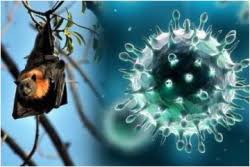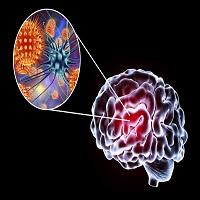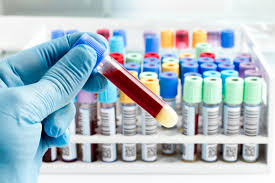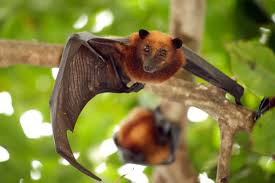Table of Contents
Nipah Virus (NiV) Infection
Nipah virus (NiV) infection is a newly emerging zoonosis that causes severe disease in both animals and humans. The natural host of the virus is fruit bats of the Pteropodidae Family, Pteropus genus.
According to W.H.O, the first outbreak was reported in Malaysia, Kampong Sungai Nipah. So the virus name termed as Nipah virus (NiV).
The viral infection is transmitted from consuming contaminated fruits or food items by infected fruit bats, human to human and animal to animal transmission also been noticed. NiV is also capable of causing disease in pigs and other domestic animals. So any unnatural or changes in the behavior of pet animals to be noticed early and do take preventive measures at early.
Vaccine: There is no specific vaccine prevention for Nipah Virus (NiV) infection.
Symptoms of infection from the Malaysian outbreak were primarily encephalitic in humans and respiratory in pigs. Later outbreaks have caused respiratory illness in humans.
What are the main signs and symptoms of Nipah Virus (NiV)?
There is no definitive treatment for Nipah encephalitis, apart from supportive measures, such as mechanical ventilation and prevention of secondary infection. Ribavirin, an antiviral drug, was tested in the Malaysian outbreak, and the results were encouraging, though further studies are still needed.
How to diagnose the NiV Infection
The diagnosis of NiV infection is made by a combination of laboratory test. Virus isolation attempts and real-time polymerase chain reaction (RT-PCR) from the throat and nasal swabs, cerebrospinal fluid, urine, and blood should be performed in the early stages of the disease. Antibody detection by ELISA (IgG and IgM) can be used later on. In fatal cases, immunohistochemistry on tissues collected during autopsy may be the only way to confirm a diagnosis.
How the NiV is transmitted?
Transmission of Nipah virus to humans may occur after direct contact with infected bats, infected pigs, or from other NiV infected people
Treatment of NiV Infection
Treatment is limited to supportive care. Because Nipah virus encephalitis can be transmitted person-to-person, standard infection control practices and proper barrier nursing techniques are important in preventing hospital-acquired infections (nosocomial transmission).
Prevention of Nipah Virus (NiV) Infection
There should be a high standard of food hygiene and personal hygiene to be practiced to control the spread of this deadly viral infection.
Avoid exposure to sick pigs and bats in the endemic area and also avoid consuming raw fruits from the infection prevalent place.
The preventive measure is focused on surveillance and awareness will help prevent future outbreaks.
Please Subscribe Our YouTube channel – The Nurse
Like our Facebook Page: The Nurse





